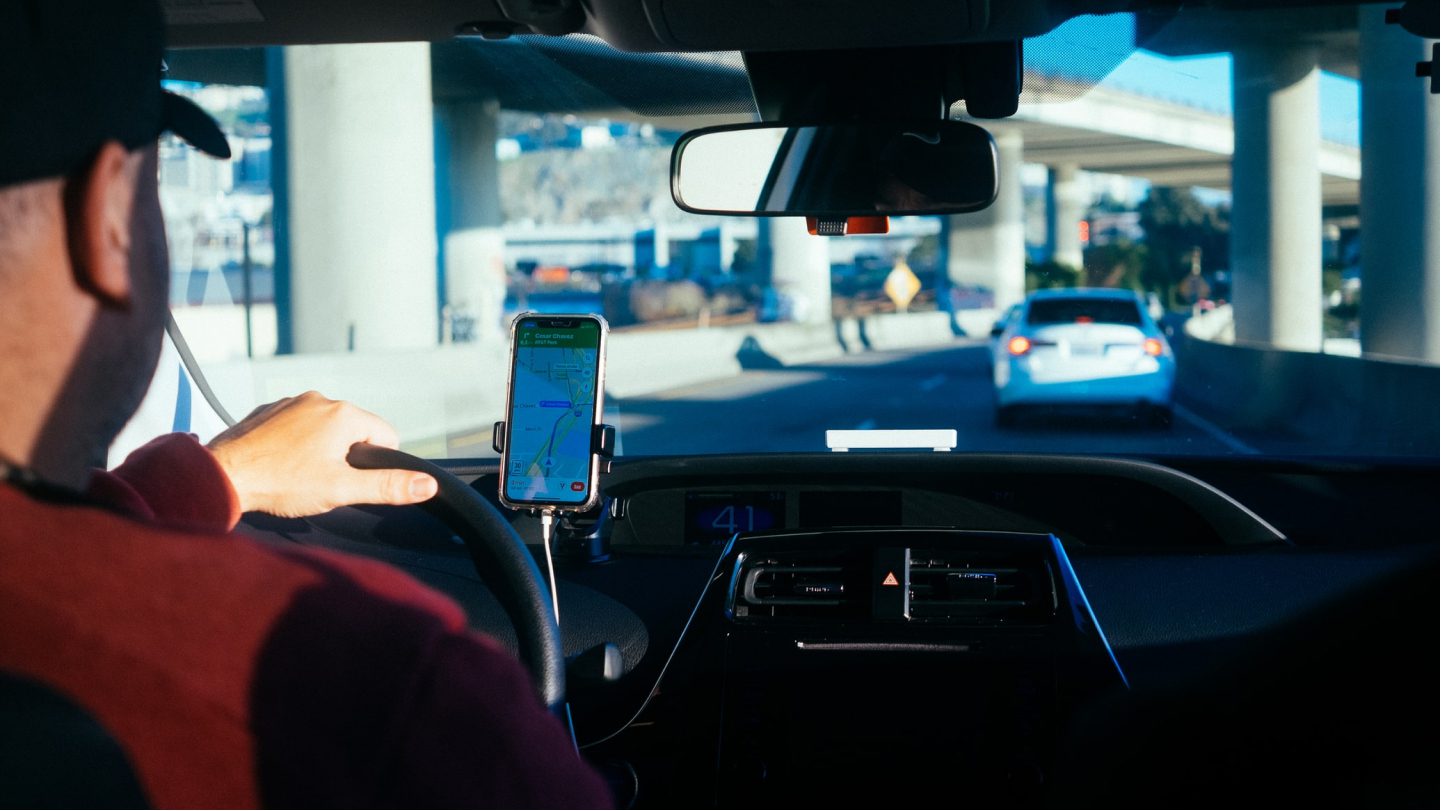If you’re willing to eschew the stability and structure that comes with being a stereotypical employee working at a standard 9-5 job, the perks that come with being an independent contractor are no small benefit. Being able to set your own work schedule, pick the clients and jobs that you want, and not being beholden to anyone but yourself can be very appealing to many individuals.
However, there are many distinct challenges that self-employed workers have to face. In this piece, we’re going to look at some of those obstacles and what freelancers and independent contractors can do to conquer them.
Independent Contractor Tip #1: Set Up a Legal Structure
So you’ve made the choice to become your own boss. That’s pretty cool! But whether you’re starting your own plumbing company or just driving for Uber as your side hustle, you’re going to want to choose the right type of legal structure.
In the United States, there are many different types of businesses, including corporations, limited liability companies (LLCs), associations, nonprofits, trusts, and sole proprietorships, among others. In general, the two options most closely associated with new independent contractors are sole proprietorships and LLCs.
Being a Sole Proprietor
Compared to starting an LLC, being a sole proprietor requires less paperwork and less upfront spending. You don’t need to file as a business, your taxes will be simpler, and you don’t need to do things like keeping a separate bank account for your business income and expenses.
Related: 3 Ways SMBs Can Save Money (And 3 Ways They Lose Money)
However, the biggest issue with being a sole proprietor is that you’re personally liable for anything and everything that occurs in regard to your business. For instance, if your business incurs any debts, your personal assets could be seized to pay those debts off.
Starting an LLC
As it says in the name, if you start a limited liability company, you, the owner, have limited liability in regard to the goings-on of your company, meaning you won’t be personally responsible for things like debts associated with your business. Your taxes may be slightly more complicated to finish, but you may end up saving more money this way in the long run.
On the other hand, if filing paperwork is something that you struggle with or gives you anxiety for whatever reason, starting an LLC may be more difficult than remaining a sole proprietor. In addition, you will very likely be required to have a separate business bank account and may need to keep your business assets and finances separate from your personal ones.
Whichever direction you take, you will need to do your due diligence. Look up your state or jurisdiction’s rules and regulations regarding starting a business as a sole proprietor or an LLC. Keep in mind, this article shouldn’t be taken as legal or tax advice, and you should consult a lawyer or accountant before making any decisions you are unsure of.
Independent Contractor Tip #2: Create a Business Plan
Okay, you’ve set up your business structure, likely as either a sole proprietor or an LLC. Now it’s time to come up with a robust business plan. In fact, nearly 70% of people who have successfully started a business recommend doing so.
There’s a wealth of literature out there on the internet on great ways to create a business plan, so we won’t go any further here today besides recommending highly that you do so. A simple Google search will point you to countless guides and templates on the best ways to come up with a business plan, and we would suggest picking one that you feel will work for you.
In general, these sorts of guides and templates will have you do things like come up with business objectives, do some light market research, plant the seeds of what your budget may look like, etc. Every business is going to be different, so only do what you feel as though will be beneficial to your business.

Independent Contractor Tip #3: Get the Tools and Apps You Need
Much of the business landscape in 2025 would be completely unrecognizable and alien to someone a decade or two ago. A lot of this has to do with the fact that each and every one of us has a supercomputer in our pockets that’s capable of doing virtually anything.
With that said, a lot of people still don’t take full advantage of these new tools and devices at their disposal. Many of these apps and software solutions are designed to save business owners time and money.
Even if some have an upfront cost, they generally will save you more money, both in the short term, and especially as time goes on.
For example, if you’re an independent contractor who recently started their Uber or DoorDash business, you might think that your delivery app and map service are all you need to be successful, but that’s not necessarily true. Undoubtedly, you will need to track your mileage and expenses in order to save money come tax time.
Related: Mileage Tracking Apps Vs. Paper Mileage Logging
A robust and sleek company mileage tracking app like TripLog is the best way to ensure that you never miss a claimable mile. With features like automatic mileage capture, trip classification, and route planning, TripLog gives the IRS all of the necessary information it needs to provide you with an accurate (and often hefty!) tax refund.
Independent Contractor Tip #4: Network, Network, Network!
If you’ve heard it once, you’ve heard it a million times, but one of the most important methods to grow your business is to network. Meeting like-minded entrepreneurs is a great way to learn more about your industry and line of work, or even collaborate and work together on your next project.
You can also see if your line of work has any associations or unions worth joining. For example, drivers working with companies like Uber or DoorDash in the Seattle area can join an organization like Drivers Union to meet other individuals working in your industry, as well as receive certain benefits and protections.
Independent Contractor Tip #5: Take Advantage of Tax Deductions
As a business owner of any size or type, you are no doubt eligible to deduct certain things on your taxes that you otherwise wouldn’t be if you weren’t running a business. For example, in the United States, if you’re an LLC, you can write off certain purchases that you make when you do your taxes.
If you’re an Uber or DoorDash driver, you can deduct your mileage from your taxes and potentially save hundreds of dollars each year. To learn more about how gig economy drivers can save money come tax time, check out our guide here.
Even if you’re self-employed, you can still deduct certain things from your taxes. It’s important for anyone working for themselves to, at the very least, learn the minimum of tax deduction guidelines, so try and do your own research to see what will be best for your line of work. If you work for a company, you can see what your organization’s mileage reimbursement policy is.
TripLog’s mileage tracker app is one of the best tools for independent contractors to save money on their taxes. Download the app for free today on iOS or Android, or schedule a complimentary demo to learn more.
For more on how much you could be saving with TripLog, you can also explore our mileage reimbursement savings calculator. Thanks for reading!








